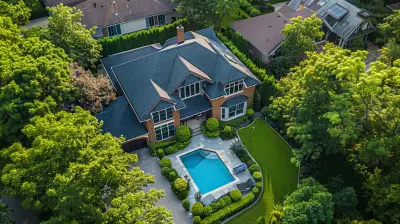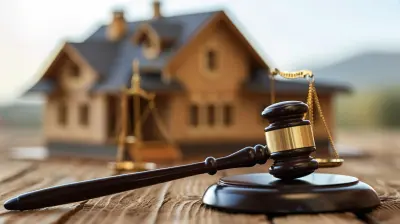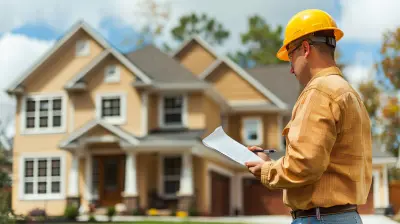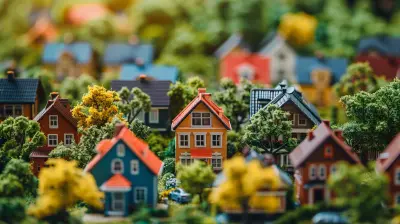How Gentrification Is Reshaping Urban Housing Markets
5 May 2025
Ah, gentrification—the urban facelift that no one really asked for but keeps happening anyway. One day, you’re enjoying your favorite hole-in-the-wall taco joint, and the next, it’s been replaced by a minimalist organic smoothie bar where a single kale shot costs more than your weekly grocery bill. But hey, that’s progress, right?
So, what exactly is happening to urban housing markets? Well, let’s dive into the delightful chaos that is gentrification and how it’s changing the housing landscape faster than landlords can raise the rent.
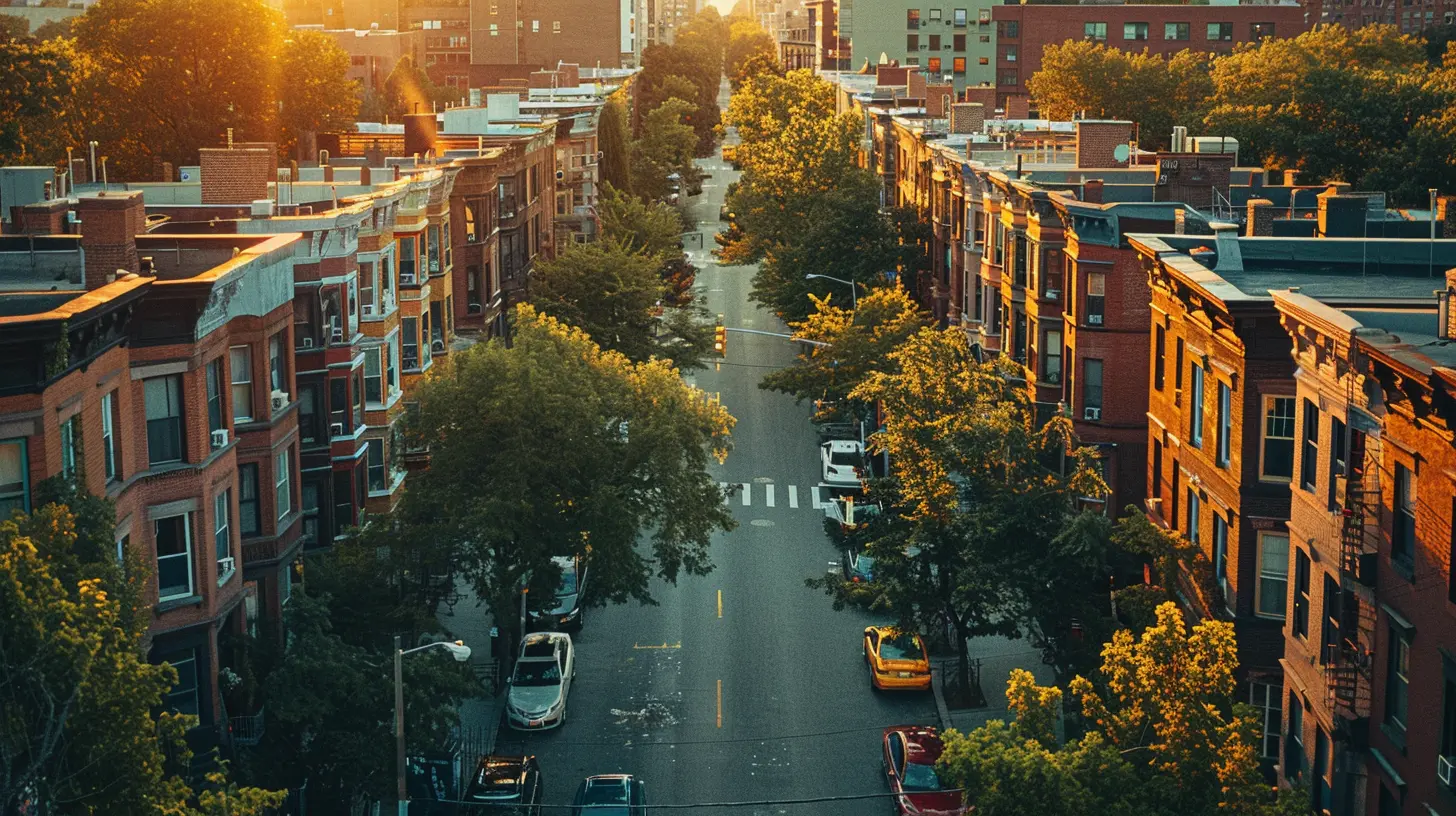
What Even Is Gentrification?
For those lucky enough to have never experienced it firsthand, gentrification is what happens when wealthier individuals move into historically lower-income neighborhoods, bringing with them upscale coffee shops, yoga studios, and overpriced brunch spots. It’s like a makeover for a city—except instead of a quick glow-up, locals often get displaced, and rents skyrocket to absurd levels.The process usually goes something like this:
- Artists and young professionals move into an "up-and-coming" area (read: affordable and full of culture).
- Developers see potential, start building luxury apartments, and suddenly, everyone wants to live there.
- Rents rise, longtime residents get priced out, and the neighborhood starts resembling a Pinterest board of "modern urban living."
Fun, right?
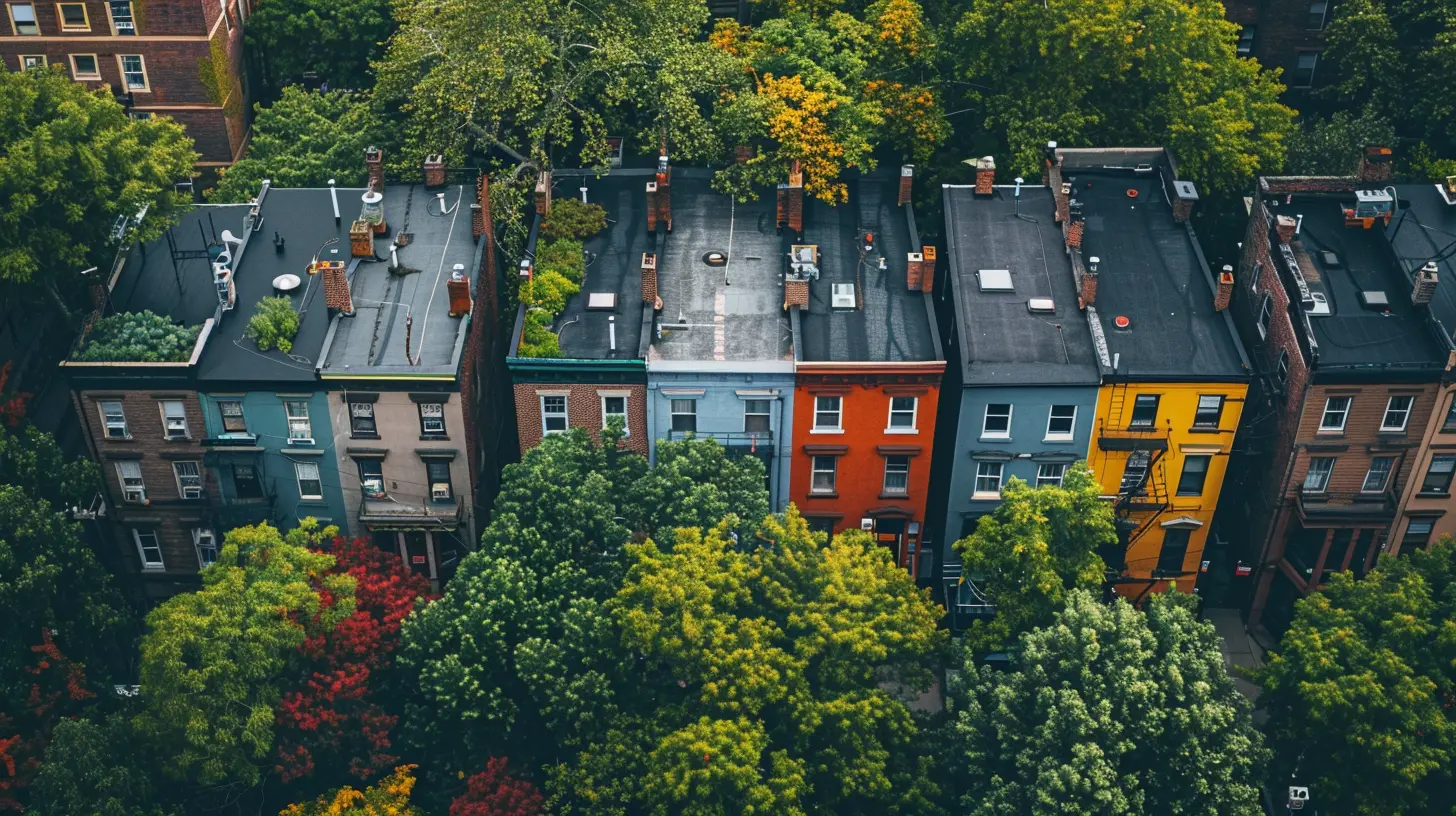
The Double-Edged Sword of Gentrification
Gentrification isn’t all bad… just mostly bad (depending on who you ask). Let’s break it down:The Upside: Pretty Streets and Fancy Shops
Oh, the joys of well-paved sidewalks and craft breweries on every corner! One of the biggest selling points of gentrification is that it often brings investment into neglected areas. Crime rates may drop, infrastructure improves, and local businesses (at least the trendy new ones) thrive.Plus, let’s not forget the property values. If you were lucky enough to own a home before gentrification hit, congratulations! Your house is now worth a small fortune.
The Downside: Bye-Bye Affordable Housing
Now for the not-so-charming part. As property values rise, so do rents and property taxes. Landlords suddenly realize they can charge double (or triple), and long-time residents—many of whom have been there for generations—are forced to leave because, let’s face it, no one can pay $3,000 for a studio apartment unless they’ve sold their soul to a corporate job.And let’s not ignore the cultural erasure. The vibrant, diverse communities that made these neighborhoods attractive in the first place often get pushed out, taking their history, traditions, and local character with them. What’s left? A soulless, overpriced version of what used to be a thriving community.
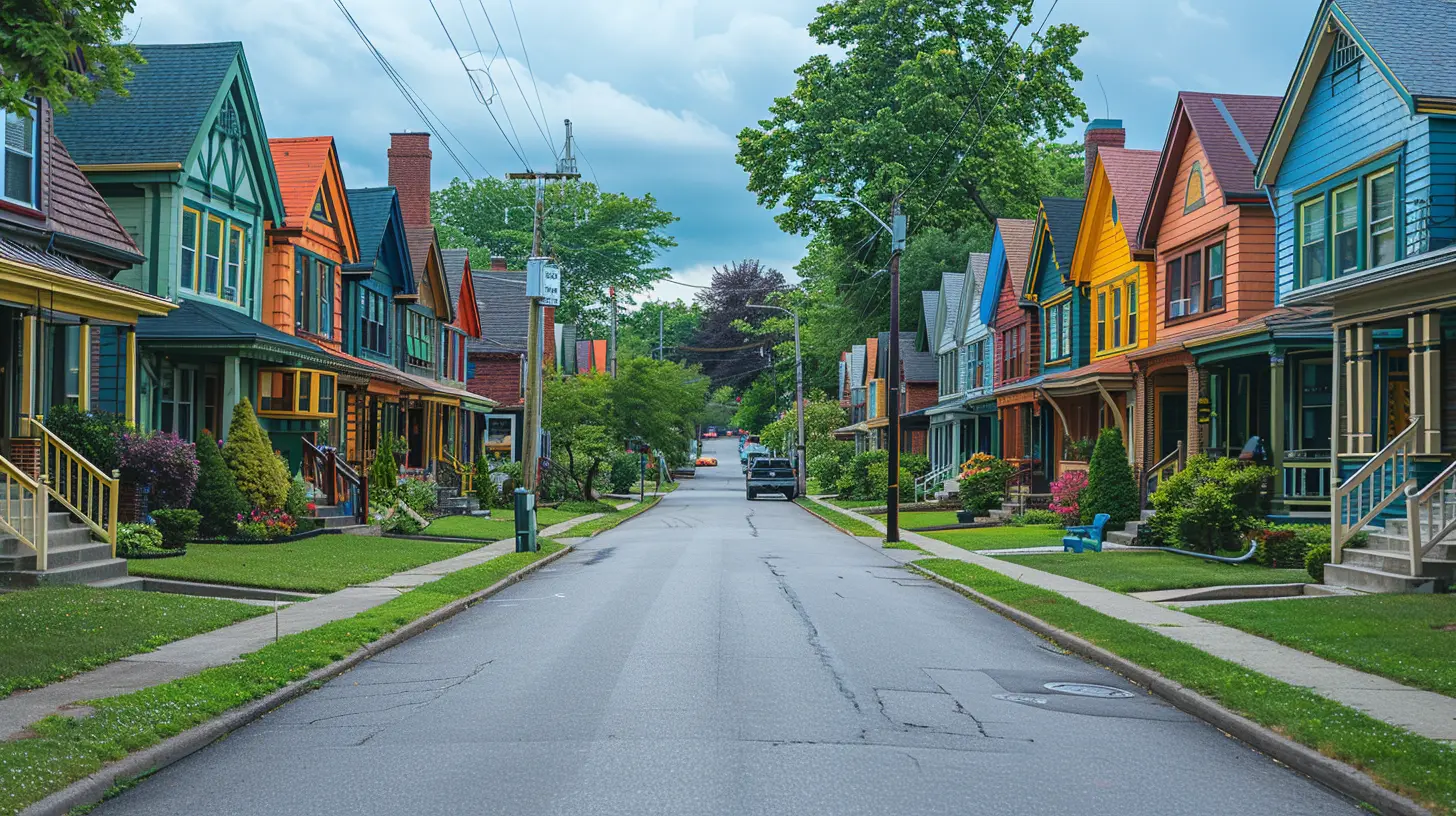
How Gentrification Affects Housing Markets
Now, let’s get into the nitty-gritty of how this whole process is shaking up housing markets.1. Supply and Demand on Steroids
Housing demand in gentrified areas skyrockets. Why? Because suddenly, everyone wants a piece of the "revitalized" neighborhood, even if they previously wouldn’t have dared to set foot there. This excessive demand leads to—you guessed it—higher prices.Developers rush in, building luxury condos faster than you can say "artisanal avocado toast," but unfortunately, affordable housing rarely makes the cut. After all, why make space for low-income residents when you can charge premium prices to wealthy buyers?
2. Rental Prices Spiraling Out of Control
If you thought your rent was bad, just wait until gentrification fully takes over. As once-affordable neighborhoods turn into hotspots for the urban elite, landlords hike up prices at an alarming rate.For renters who have been in the area for years, this means one of two things:
- Adapt or get out – Either find a way to afford the ridiculous new rent or say goodbye to your neighborhood.
- Fight back – Some tenants push for rent control and tenant protections to slow the madness, but let’s be real, landlords aren’t exactly known for their generosity.
3. Homeownership Becomes a Pipe Dream
Was buying a home always the impossible dream? Maybe. But in gentrified areas, it’s basically a fantasy now. With rising home values, local residents find themselves priced out of their own neighborhoods. The only ones winning here are developers, wealthy buyers, and real estate investors who see gentrification as a goldmine.First-time homebuyers? Good luck trying to snag a place when cash-rich investors are swooping in with all-cash offers that make your mortgage pre-approval look like pocket change.
4. Displacement – The Not-So-Fun Part
When people talk about gentrification, they often frame it as "revitalization." What they don’t mention is the mass displacement of long-time residents who can no longer afford to live in their own communities. Low-income families, senior citizens, and minority groups bear the brunt of these changes, forced to relocate to areas with fewer resources and opportunities.Think of it like musical chairs—except instead of taking away one chair, the whole game is rigged against you from the start.
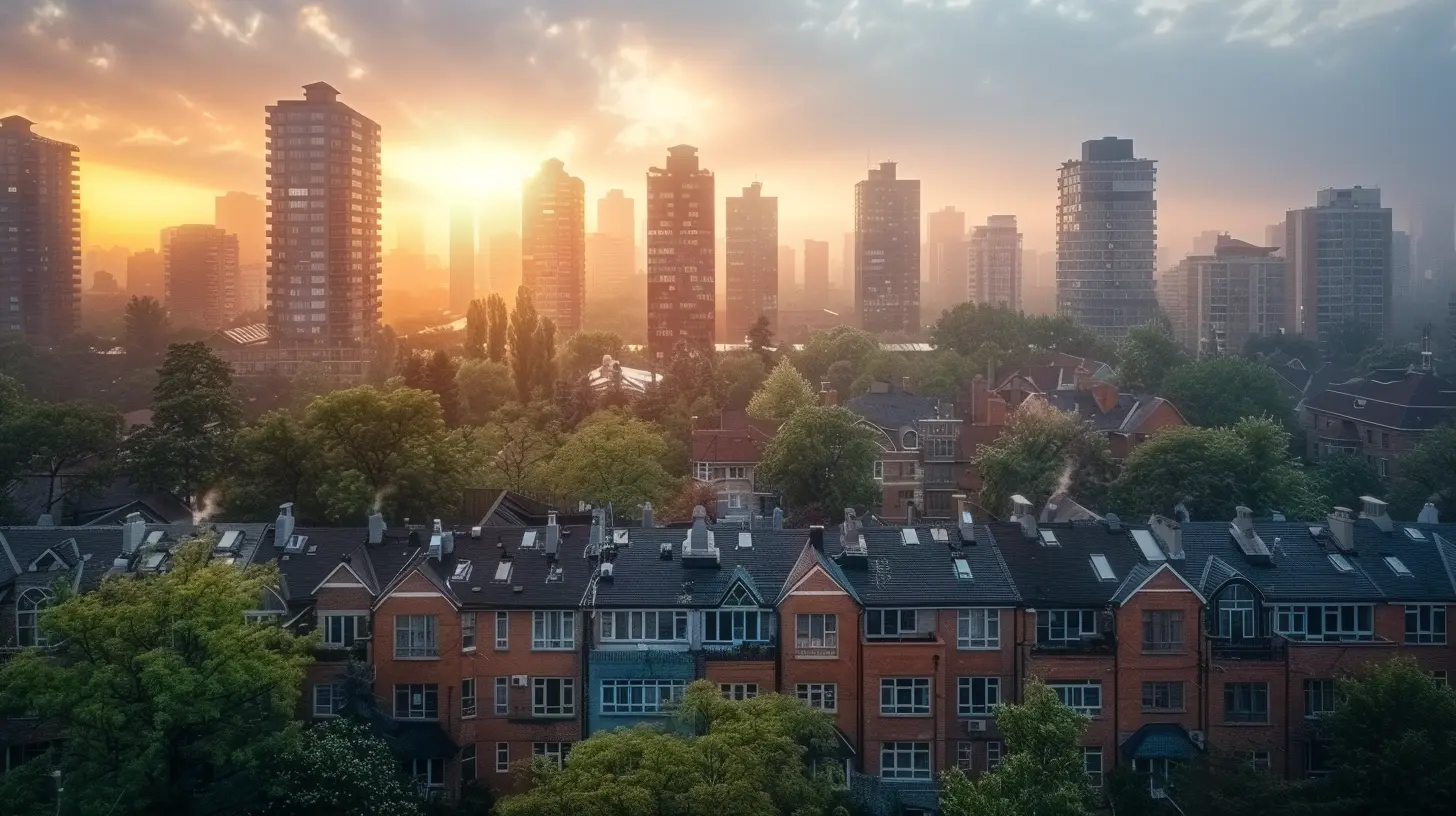
Who Actually Benefits from Gentrification?
Well, if you’re a real estate investor, developer, or someone who can afford a $7 oat milk latte without questioning your life choices, congratulations—you’re winning the gentrification game.But for the people who actually built these communities, this urban "progress" often feels more like an eviction notice wrapped in a marketing campaign for "luxury urban living."
That said, some cities are attempting to balance growth with equity. Policies like affordable housing mandates, rent control laws, and community land trusts aim to protect residents from being completely steamrolled by rising costs. But let’s be honest—these solutions are often too little, too late.
So, What’s Next?
Gentrification isn’t going anywhere anytime soon. The cycle repeats itself as new areas become "discovered," leading to more displacement and ever-increasing housing costs.But all hope isn’t lost. Advocates and community leaders continue to push for housing policies that prioritize people over profits. Grassroots movements fight for fair housing, tenant protections, and initiatives to preserve the cultural identity of neighborhoods before they turn into soulless luxury developments.
So, what can you do? If you care about urban housing markets (or just don’t want to see your favorite local diner replaced by yet another overpriced salad shop), support policies that promote affordable housing, get involved in local initiatives, and, for the love of all things good, stop buying into the idea that upscale coffee shops are the key to urban renewal.
At the end of the day, cities should be for everyone—not just those who can afford the price of admission.
all images in this post were generated using AI tools
Category:
Housing MarketAuthor:

Elsa McLaurin
Discussion
rate this article
6 comments
Selene McHugh
Great insights on gentrification's impact! It's essential to balance community needs with development. Understanding these shifts helps foster inclusive growth in our urban spaces. Thank you for sharing!
May 11, 2025 at 7:50 PM

Elsa McLaurin
Thank you for your thoughtful comment! Balancing community needs with development is indeed crucial for fostering inclusive urban growth. I'm glad you found the insights valuable!
Nathan Malone
This article beautifully captures the complexities of gentrification in urban housing markets. It's essential to recognize both the benefits and challenges it brings to communities. Understanding these dynamics fosters empathy and encourages conversations about equitable development, ensuring that all voices are heard in shaping our neighborhoods. Great read!
May 10, 2025 at 3:00 AM

Elsa McLaurin
Thank you for your thoughtful comment! I'm glad you found the article insightful and appreciate your emphasis on empathy and equitable development in the conversation about gentrification.
Talis Barron
Gentrification transforms neighborhoods, impacting affordability significantly.
May 9, 2025 at 8:54 PM

Elsa McLaurin
Thank you for your insight! Indeed, gentrification often leads to rising housing costs, which can displace long-time residents and alter the character of neighborhoods.
Morrow McAuley
Ah, gentrification: the urban version of a makeover show—new paint, fancy coffee shops, and suddenly, everyone's fighting over who gets to pay the highest rent!
May 7, 2025 at 7:24 PM

Elsa McLaurin
Absolutely! Gentrification often transforms neighborhoods with upscale amenities and rising rents, sparking both revitalization and displacement.
Naomi McKibben
What fascinating transformations are occurring in urban areas due to gentrification? I'm curious about the balance between development and community preservation in these evolving housing markets!
May 7, 2025 at 11:21 AM

Elsa McLaurin
Gentrification often brings improved infrastructure and amenities, but it can displace long-time residents and erode community identity. Striking a balance involves inclusive development that prioritizes affordable housing and community engagement.
Parker Larsen
Gentrification: the double-edged sword of urban renewal. It revitalizes neighborhoods but often at the cost of displacing long-time residents. Balancing progress with preservation is the challenge city planners must tackle.
May 5, 2025 at 8:53 PM

Elsa McLaurin
You’ve captured the essence of gentrification perfectly. Striking a balance between revitalization and preserving community integrity is indeed a key challenge for urban planners. Thank you for your insight!
